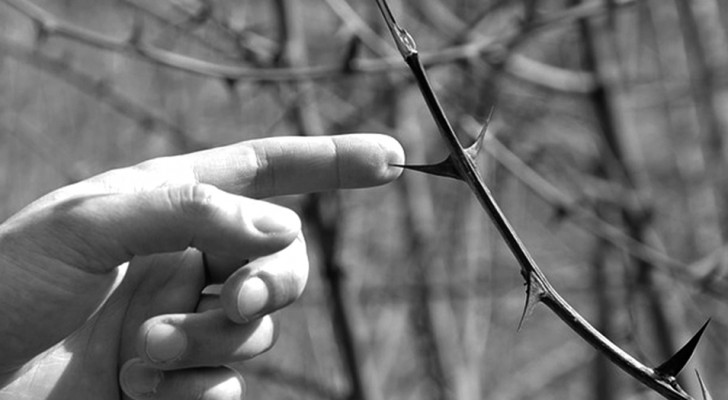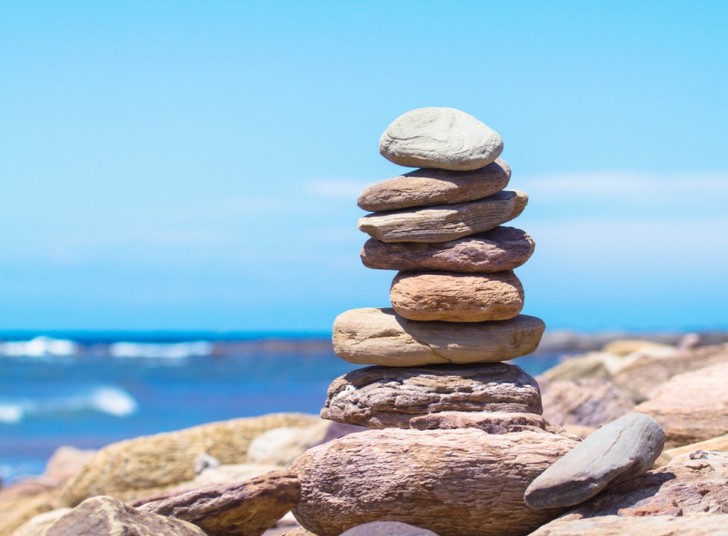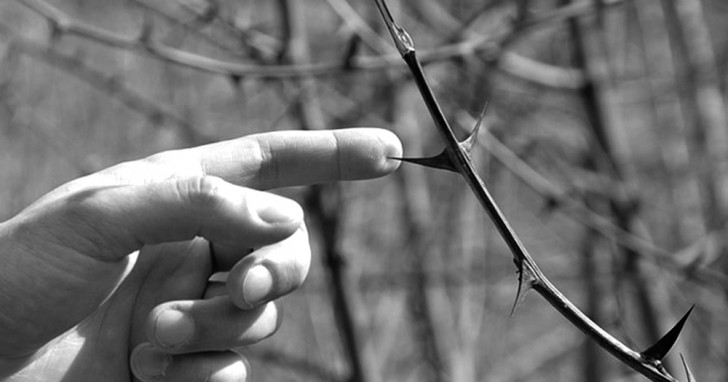No one can escape from Karma! The pain you inflict will one day come back on you

The third principle of dynamics, also known as Newton's third law, states that "for every action, there is an equal and opposite reaction".
What is valid for physics also works in life, so that whatever is done, for better or for worse, always comes back on us. Therefore, when we talk about Indian religion and philosophy we can specifically talk about karma.
The term literally means "to act" or "action", and refers more precisely to everything that one has done, said, or even only thought about doing in this physical dimension in which we find ourselves.
According to this concept, our actions, words, and intentions are transformed into energy, positive or negative, which always returns to the source of departure because the universe is in constant search for balance.
via ideapod.com
Being a "hammer" or a "nail"

When one hurts someone, intentionally or unwillingly, the perception of the pain of others is something remote, alien, far away. The case is different when one passes from the role of executioner to that of the victim where one personally experiences suffering and inner turmoil. In the circumstances in which one is not the "hammer" but rather the "nail", it seems that destiny, karma, only takes place in a negative sense.
On the balance scale, good actions do not seem to weigh in the same way, and that the time to cash in on a little good luck never comes. The truth is that negative experiences are more likely to remain engraved in the mind and heart, whereas the positive ones pass almost unnoticed.
Improve the world to better ourselves

The concept of karma can have many other amplifications and similarities, one of these is causality, the principle of cause and effect, which is another way of saying "we reap what we sow". In both examples, without considering the balance of the universe, it is still easy to understand that the way we relate to situations prepares the ground for our future.
It may seem like a catchphrase or a psychological strategy to console oneself, but in the long run, doing good repays. Trying to improve the world every day with small gestures positively influences our lives and that of others, and at the end of the day, it also helps us improve ourselves.
The prize is there but you cannot see it

In the light of what has been said, one must not behave well only out of fear that this implacable karma will come back to haunt us. It would be too easy, to just "do good" to earn a place in paradise and try not to "do evil" for fear of going to hell. The prize for a life of kindness, generosity, empathy, and love is not something that can be quantified and in most cases never comes.
It is more a state of grace, a joy that is felt only when you know you have made someone happy or otherwise have made their life a little "lighter". In conclusion, do not wait to receive, what matters is to start giving.





